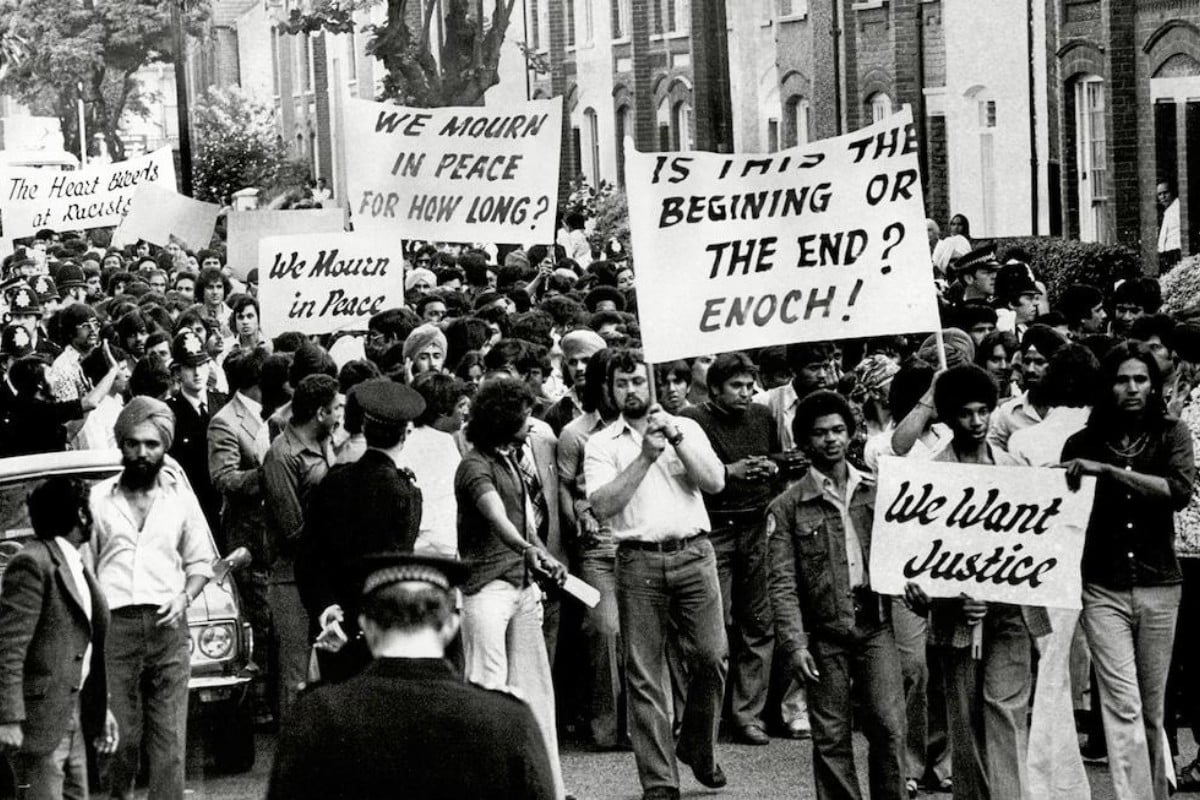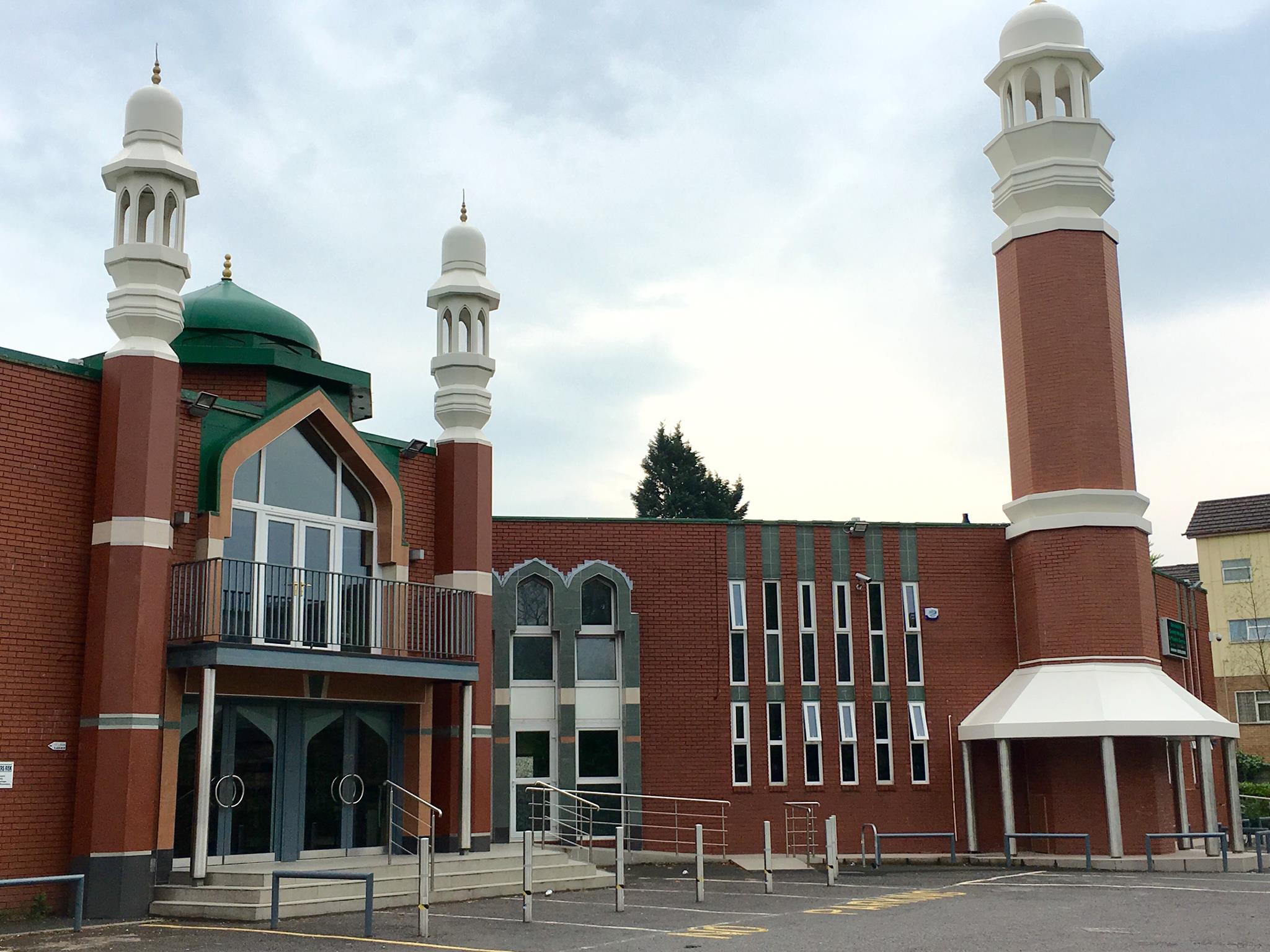The founding congress of the Revolutionary Communist Party takes place this weekend in Whitechapel, London – a stone’s throw away from Altab Ali park.
Altab Ali was a 24-year-old Bengali textile worker who was murdered in a racially-motivated attack on 4 May 1978.
His death sparked mass outrage amongst the Asian community in the area, and served to galvanise the fight against racism and the National Front – a fascist organisation that became prominent in the 1970s.
Far-right attacks
The memories of Altab Ali, and others like Gudip Singh Chaggar and Blair Peach, have been reawakened following Channel 4’s three-part series Defiance: Fighting the Far Right.
The series explores how the Asian community fought racism and the far right in the late 1970s and early 1980s.
The documentary graphically depicts the reality of life for British Asians through archival footage, images, and interviews of those involved in the struggle.
The opening scene sets the tone, showing the blood of Gudip Chaggar after he had been murdered in a racist attack in Southall, West London.
Testimony from Suresh Grover, who respectfully asked nearby policemen what had happened, responded, “go away, it’s just Indian blood”.
Youth lead the way
Balraj Purewal, founding member of the Southall Youth Movement states: “We knew that the whole of the Asian community, up and down the country, was under siege, and we knew the police were against us.”
Asians and Black Britons had the lowest-paid jobs, and faced racial slurs, physical violence in schools and on the streets, which became known as ‘Paki-bashing’, and even the petrol-bombing of their homes.
The struggle against the far right was driven primarily by the Asian youth, who rebelled against the elder conservative leadership of organisations such as the Indian Workers’ Association.
The documentary depicts the youth storming meetings demanding action, ousting the National Front from their paper-selling spot on Brick Lane, and choosing militant, direct action against the far right, instead of peaceful, Gandhian-style civil disobedience.
In the course of this struggle, Sikh communities in West London joined hands with the Muslim Bengali community in East London. Trade unions and left-wing activists were also drawn into the movement.
Racist establishment
The series does not sanitise any pillar of the British establishment – particularly the police, who are shown to be institutionally racist.
From brutal racist police tactics, including against children and elderly women, to racial slurs, defending National Front meetings, and refusing to investigate racist murders: the fight against racism is shown also to be a fight against the British police.
In the second episode, Shaf Mogul, one of the only Asian Met police officers at the time, grows teary recounting: “I could easily be on the other side, I could be one of the demonstrators, amongst other Asians, but I was protecting the National Front.”
Other pillars of the establishment – including the judiciary, print media, broadcast media, the Conservative Party – are also all explicitly shown to be institutionally racist.
Racist television programmes, news coverage, policies, and statements from Prime Minister Margaret Thatcher all show that hatred was whipped up against Asians from the very highest levels of the system.
No justice
Most angering of all is that justice has never been served for so many of the victims.
Asians who were dubiously jailed and given criminal records had their entire life prospects destroyed. All of this shows that, despite the real victories won, the living legacy of racism in Britain continues to this day.
Although it is not mentioned, there is an undeniable irony of watching the series in 2024, under the first prime minister of Asian descent, who spouts the same dog-whistle racist messages as Maragret Thatcher did over 40 years ago.
Sunak – alongside the likes of Suella Braverman, Priti Patel, Sajid Javid, and Kemi Badenoch – illustrate that, although the form has changed, the essence of an institutionally racist Britain has not.
The lessons of those who fought racism yesterday are crucial in understanding how racism can be fought today. In this respect, the series is a must-watch.
As the series demonstrates, only militant mass action by workers and youth, aimed at the entire oppressive establishment, can curb racism and the far right.






